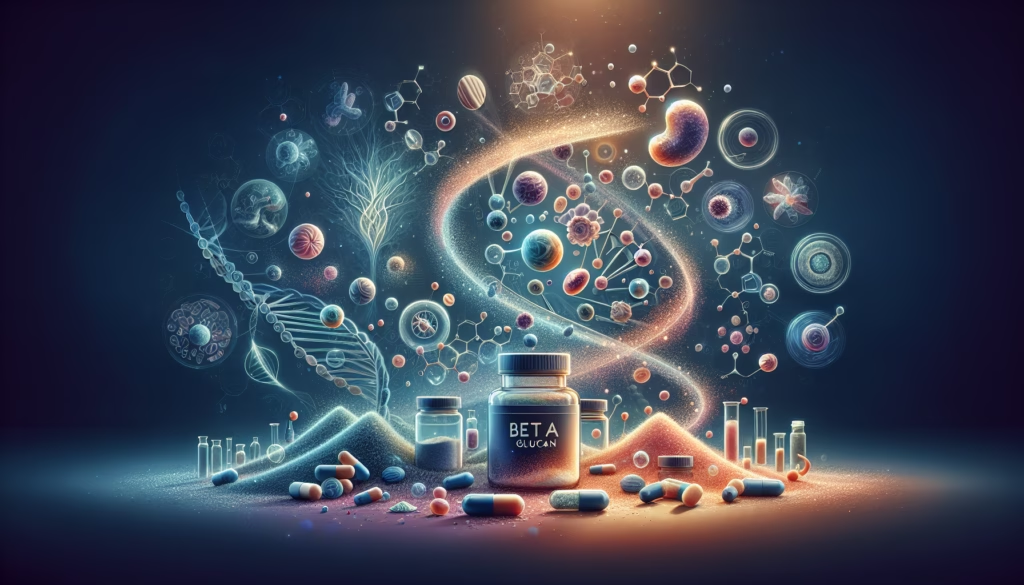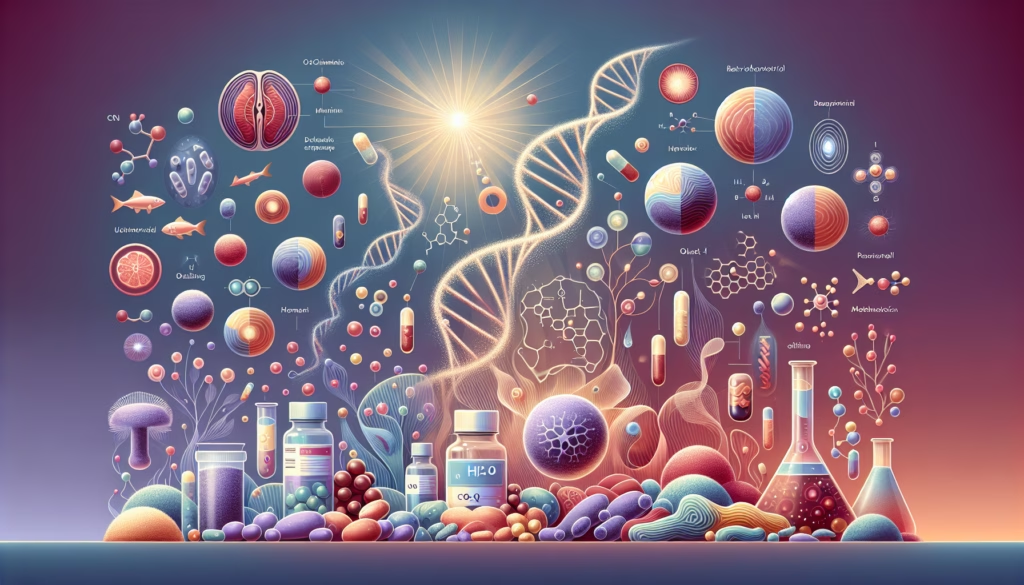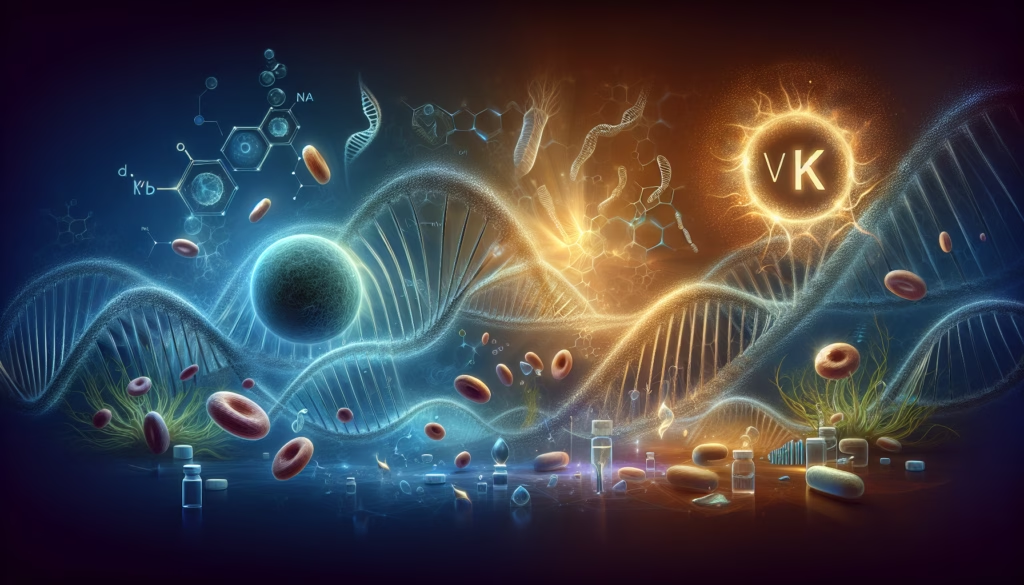
Beta Glucan
Discover the science-backed potential of beta glucan as an adjunct in cancer therapy. This post delves into the latest research
Click 
Milk thistle’s primary active constituent, silymarin, is a complex mixture of flavonolignans, with silybin A and silybin B as major components. While traditionally recognized for its hepatoprotective properties, emerging research is exploring its multifaceted role in cancer metabolism and cellular signaling.
Molecular Mechanisms: Silymarin exhibits pleiotropic effects, modulating several signaling pathways crucial for cell growth, proliferation, and apoptosis. Key targets include the NF-κB pathway, a master regulator of inflammation and cell survival, and the PI3K/Akt pathway, frequently dysregulated in cancer progression. Additionally, silymarin has shown potential to influence STAT3, MAPK, and Wnt signaling cascades.
Metabolic Interactions: While direct evidence on silymarin’s impact on cancer-specific metabolic reprogramming (e.g., the Warburg effect) is limited, emerging studies suggest potential modulation of glucose metabolism, mitochondrial function, and lipid metabolism. Silymarin may influence metabolic enzymes and transporters, potentially altering cancer cell energetics.
Key Research Findings: Preclinical studies across various cancer cell lines (breast, prostate, liver, lung, and colon) demonstrate silymarin’s potential anti-proliferative, pro-apoptotic, and anti-angiogenic effects. However, translation of these findings into robust clinical evidence remains a critical research gap.
Relation to Metabolic Theory of Cancer: While direct evidence linking silymarin to the metabolic theory of cancer is still emerging, its ability to modulate pathways like NF-κB, PI3K/Akt, and AMPK (which play roles in metabolic reprogramming) suggests potential relevance. Further investigation into silymarin’s effects on mitochondrial function, redox balance, and metabolic flexibility in cancer cells is warranted.
Typical clinical dosages for silymarin in studies have ranged between 420-600 mg per day, often divided into multiple doses. Precise dosing should consider the formulation and individual health conditions, particularly in the context of cancer management.
Breast Cancer, Liver Cancer, Prostate Cancer
Milk thistle is generally well-tolerated when used as directed. However, potential side effects may include:
Long-term safety data in cancer warriors is limited, emphasising the need for medical supervision.
Research on milk thistle’s potential in combination cancer therapies is ongoing, focusing on both conventional and metabolic approaches:
However, robust clinical evidence supporting specific combination protocols is still lacking, necessitating careful consideration and professional guidance.
While direct quality of life (QoL) data for milk thistle in cancer warriors is limited, potential areas of impact include:
Rigorous QoL assessments in future clinical trials are needed to quantify these effects.
We’ve done our best to include as much information as possible for this supplement.
If you have any other questions, please send us a message or join our Skool Group and ask our knowledgeable and friendly community.
Milk thistle supplements are widely available in the UK through:
Products marketed specifically for cancer support may have more limited availability and should be evaluated for quality and claims.
While comprehensive demographic data specific to milk thistle use in cancer is limited, some trends from available studies include:
More robust demographic analysis in future clinical trials is needed.
Potential mechanisms of resistance to milk thistle’s anti-cancer effects are not fully elucidated. Hypothesized mechanisms may include:
Understanding these mechanisms is critical for optimizing milk thistle’s therapeutic potential.
Numerous preclinical studies have investigated milk thistle’s anti-cancer properties. Key findings include:
Platforms like PubMed, Web of Science, and Google Scholar provide access to relevant studies using search terms “milk thistle,” “silymarin,” “silibinin,” and specific cancer types.
Current clinical trials investigating milk thistle in cancer can be found on ClinicalTrials.gov. Most trials are in early phases (I/II), focusing on safety, tolerability, and preliminary efficacy signals.
Research on genetic markers influencing milk thistle’s efficacy in cancer is in early stages. Preliminary areas of investigation include:
Further pharmacogenomic studies are needed to identify reliable predictive markers.

Discover the science-backed potential of beta glucan as an adjunct in cancer therapy. This post delves into the latest research

Explore the emerging world of hydrogen gas (H₂), also known as Brown Gas, and its remarkable potential as an adjunct

Explore the latest scientific insights into vitamin K2 and its promising role in cancer therapy. In this comprehensive blog post,
Apoptosis, or programmed cell death, is a natural process where cells self-destruct when they are damaged or no longer needed. This is crucial for maintaining healthy tissues and preventing diseases like cancer.
Drugs and supplements that induce apoptosis help eliminate cancerous cells by triggering this self-destruct mechanism, ensuring that harmful cells are removed without damaging surrounding healthy tissue.
Understanding and harnessing apoptosis is vital in the fight against cancer, as it targets the root cause of the disease at the cellular level.
Cell proliferation is the process by which cells grow and divide to produce more cells. While this is essential for growth and healing, uncontrolled cell proliferation can lead to cancer.
Drugs and supplements that inhibit cell proliferation help prevent the rapid multiplication of cancerous cells, slowing down or stopping the progression of the disease.
By targeting the mechanisms that drive cell division, these treatments play a vital role in controlling and potentially eradicating cancer.
Cancer cells often hijack specific biological pathways to grow and spread. Drugs and supplements that target these pathways can disrupt the cancer cell’s ability to survive and multiply.
By focusing on the unique mechanisms that cancer cells use, these treatments can be more effective and cause fewer side effects compared to traditional therapies.
Targeting specific pathways is a key strategy in precision medicine, offering a tailored approach to combat cancer at its core.
Angiogenesis is the process by which new blood vessels form, supplying nutrients and oxygen to tissues. Cancer cells exploit this process to fuel their growth and spread.
Drugs and supplements that inhibit angiogenesis can effectively starve cancer cells by blocking the formation of these new blood vessels.
By cutting off the supply lines that tumors rely on, angiogenesis inhibitors play a crucial role in controlling and potentially shrinking cancerous growths.
Immunotherapy harnesses the power of the body’s immune system to combat cancer. By boosting or restoring the immune system’s natural ability to detect and destroy cancer cells, immunotherapy offers a targeted and effective approach to treatment.
Drugs and supplements that support immunotherapy can enhance the immune response, making it more efficient at identifying and attacking cancer cells.
This innovative approach not only helps in treating cancer but also reduces the risk of recurrence, providing a powerful tool in the fight against this disease.
Inflammation is the body’s natural response to injury or infection, but chronic inflammation can contribute to the development and progression of cancer.
Drugs and supplements with anti-inflammatory properties help reduce inflammation, thereby lowering the risk of cancer and other chronic diseases.
By targeting the inflammatory processes, these treatments can help maintain a healthier cellular environment and prevent the conditions that allow cancer to thrive.